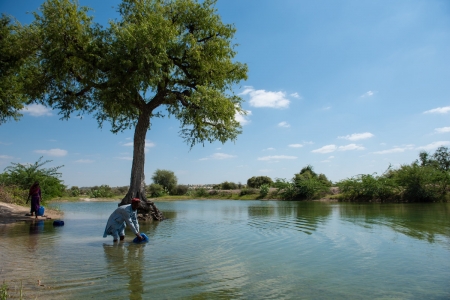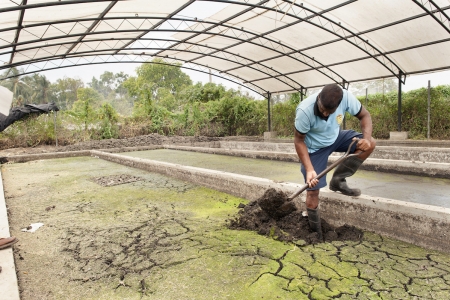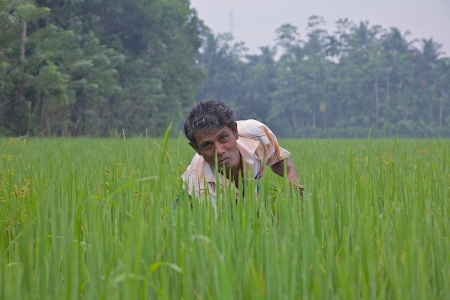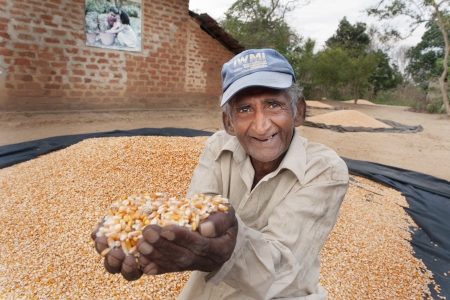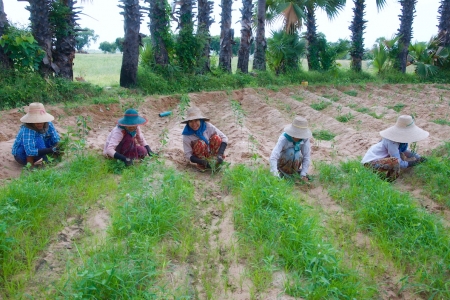This is an excerpt from a blog that was originally published on Oxfam Views and Voices under the title "Why access to water may not benefit all women equally." Read the original post.
Global discourses on water security are taking on social concerns now more than ever. Whereas such discourses often portray women as victims of water insecurity, there is a much more limited attention to how gender, intersecting with other social identities, shapes the distribution of benefits of water development projects. In other words, providing water access to women does not automatically translate into empowerment and neither does it benefit all women equally.
In our study of water security projects in Western Nepal, we found that the contribution of water security projects to women’s empowerment was limited by technical and managerial models of development (Leder et al. 2017). Water development projects need to pay attention to the many identities that produce social inequalities for the most marginalized women to benefit. They also need to understand women’s empowerment through the web of social relationships that exist within and beyond households and communities.




